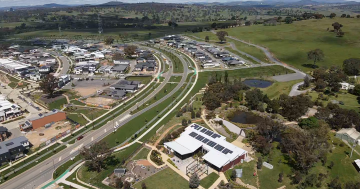One third of ACT ratepayers will receive their rates bills in the mail today and tomorrow, many will suffer bill shock with this year’s increases averaging 10% with the total increases of the past 3 years averaging 33%. Some ratepayers paying as much as 65% more since the general new rates system was introduced just over 2 years ago.
Similar increases are forecast to apply every year for the next 17 years under the Governments radical plan to replace stamp duties with higher rates.
Ratepayers will eventually have to pay on average three times more in real terms and 6 times more in actual dollar terms.
These increases are exactly in line with the Ratepayers’ Association original projections of 2012 which were ridiculed by the ACT Labor Government & the Greens. Openness & transparency in Government is advocated in the policies of both the ACT Labor Government and the ACT Greens. However, this has not been practised, especially when it comes to general rates. ACT Ratepayers will continue to suffer bill shock every year.
The new rates system means that stamp duties will eventually be replaced by massive increases in general rates. Those who have already paid stamp duty will effectively pay twice and more, ratepayers will eventually have to pay three times more in real terms and 6 times more in actual terms on average than they would have under the previous rates system.
The ACT Government including the ACT Greens should come clean & table their rates increases projections, openness & transparency should be more than just words”, Christopher Dorman said.
(Media Release Ratepayers Association ACT)



















